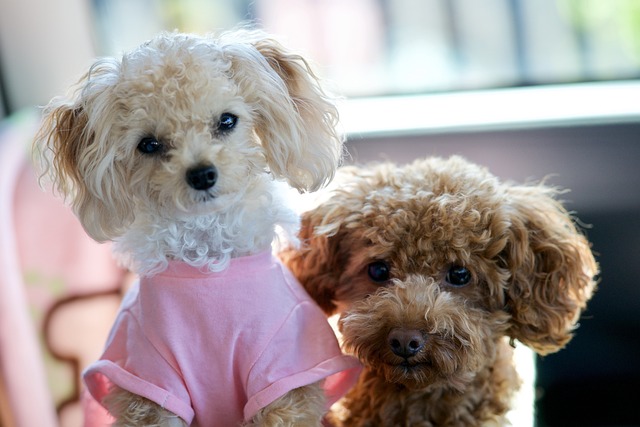
How do i train my dog to be obedient?
Watching your dog dart across the park ignoring your calls isn’t just frustrating—it can put them at risk near busy streets or public spaces.
Picture this: You’re rushing to clean up your 12-week-old Labrador’s puddle on your Chicago apartment’s hardwood floor again while late for work. Sound familiar? Most new U.S. dog owners ask exactly when potty training ends. The truth? It’s less about a magic age and more about biology, consistency, and your lifestyle. Let’s cut through the confusion.
Biologically, puppies lack bladder control until 4–6 months. Their tiny bladders hold about one hour per month of age (a 3-month-old needs breaks every 3 hours!). Smaller breeds like Dachshunds often take longer—up to 6 months—due to faster metabolisms and tinier organs. Behaviorally, they signal needing to go by circling, whining, or sniffing floors. Miss these cues? Accidents happen. True "full" training—meaning zero accidents for 2+ months—typically lands between 5–7 months for medium-large breeds. But remember: setbacks during teething (4–6 months) or after vaccinations are totally normal.

Here’s your action plan: Start the minute you bring pup home. Use a crate sized just for their body—dogs avoid soiling sleeping spaces. Take them out after waking, eating, playing, and hourly otherwise. Stick to one grassy spot (say, that corner near your Brooklyn fire hydrant) so scent triggers elimination. When they go, immediately reward with treats and praise like "Yes! Potty outside!" For accidents, never scold—just interrupt with a clap, whisk them outside, and clean with enzyme spray. Apartment hack? Try balcony turf pads for midnight emergencies, but phase them out by month 4 to avoid confusion. Track progress: If accidents dip below 2/week by month 5, you’re winning!
Now, the legal and community side. In dog-friendly cities like Seattle, failing to clean public accidents risks $300+ fines—always carry waste bags clipped to your leash. Vaccination laws tie in too: until parvo/distemper shots are complete (around 16 weeks), avoid public grass where unvaccinated dogs may have been. Culturally, never rub a puppy’s nose in messes—this violates animal welfare norms and fuels fear. Instead, use positive reinforcement: reward outdoor success with chicken bits. Apartment dwellers, prevent carpet stains with washable rugs and address barking during late-night potty runs to dodge noise complaints. At complexes, leash your pup even in "pet relief" zones—unleashed greetings can distract from business! Remember: Patience and consistency protect your deposit and neighbor relations.

Watching your dog dart across the park ignoring your calls isn’t just frustrating—it can put them at risk near busy streets or public spaces.

New puppy owners often find themselves rushing to clean up accidents before they set in, and that’s where puppy pad training becomes a game-changer.

If you've noticed your dog's waistline disappearing and your veterinarian has mentioned those few extra pounds, your first instinct might be to simply reduce the amount of food in their bowl.

Training a dog to use a designated spot indoors isn’t as daunting as many new owners fear, but it does take consistency and an understanding of your pet’s needs.

That moment of dread on a walk is all too familiar for many new dog owners. You see another dog approaching down the sidewalk of your neighborhood

If the sight of another dog on your neighborhood walk makes your heart sink as your own dog erupts into a frenzy of barking and lunging, you're not alone.